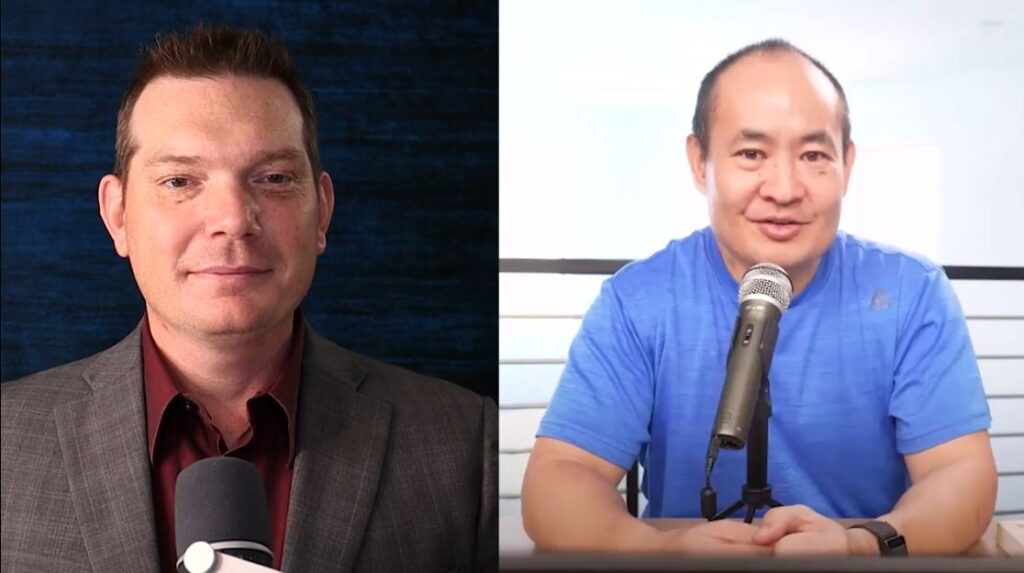Richard Canfield: Straight Talk on Financial Control
Most people in finance either confuse you or try to sell you something. Richard Canfield does neither. I’ve known Richard for years. We’ve spoken at events, swapped ideas, and I’ve been on his podcast. What stands out is how he makes finance simple and useful, without hype. He teaches a system called “Becoming Your Own […]
Richard Canfield: Straight Talk on Financial Control Read More »

